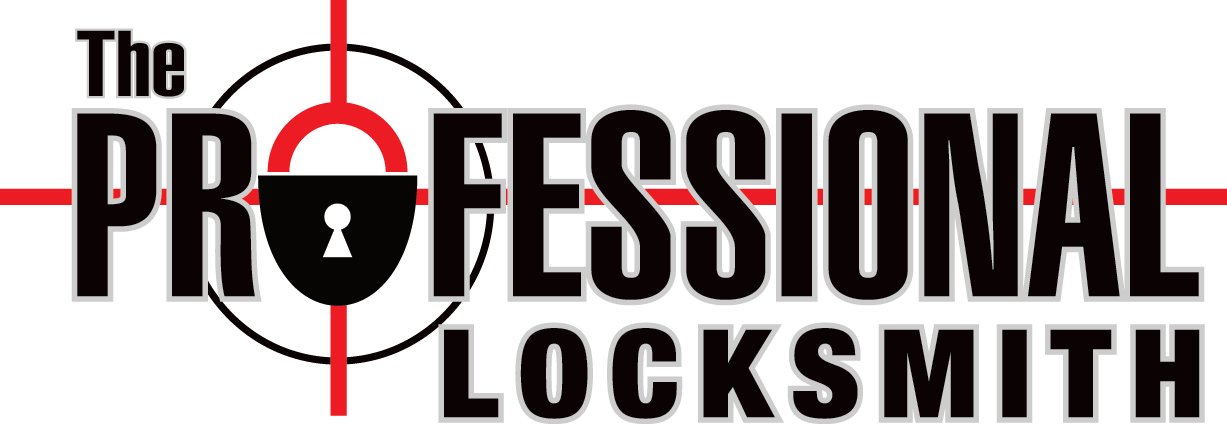The security of your business is vital to your success. Without proper security, you could be at risk of something happening that causes a huge loss or even bankruptcy.
Setting up an effective security budget requires a few specific considerations. Here are some of the top considerations you should have if you're trying to set up your business security budget.
Figure Out What's Absolutely Essential
Every business has specific things that are essential to doing business. These could be systems you own, business equipment you use, intellectual property, data or anything else you need to stay in business.
Before you set up your security budget, make sure you identify what's most important to protect. Something that is absolutely critical for your business to function needs to be considered above something non-critical.
Identify the Risks to Your Business
Every business has risks. Identifying the risks will help you set a budget as you will know which areas of security need to be protected the most. Some of the risks you may be facing include:
Brand Reputation
Legal repercussions
Fines
Financial losses
Competitive advantage
While protecting your business from hackers and from break-ins is very important, you also have to consider other risks when setting up your security budget. Sometimes, it makes sense to invest hundreds of dollars every year to protect against a risk that could cost you tens of thousands of dollars, such as a hacker holding your valuable business systems hostage.
Cover All Your Bases
It doesn't do much good to set up a security budget that leaves holes in your security. If you were to invest in an actual business security system for the building and the things inside, but you decided to only secure three of your four doors, criminals will figure this out. You're left vulnerable, which isn't good.
Along with protecting your physical assets, you also need to consider your data, intellectual property and employees. The entire business needs to be protected and you need to consider this when setting up your security budget.
Start with the Basics
It's important to start with the absolute basics, such as the locks on your doors and windows, anti-virus software on your computers and access control for any sensitive areas, such as server rooms. Having your doors fully secured with high-quality locks will go a very long way to deterring actual break-ins. Make sure you have top-quality locks, such as Mul-T-Locks, installed by a commercial locksmith.
Once you've covered the absolute basics, it's time to start budgeting for things, such as security cameras and high-quality monitoring services for your systems. Make sure you start with the basics in your budget as most will come with a one-time cost or a smaller investment. Then, move on to the more sophisticated security measures.
Setting up a business security budget isn't easy, but it's necessary. If you're not sure where to start, you can hire an expert to analyze your business and let you know what the major risks are to your business. This will help you to assess what the costs may be to secure your most vulnerable areas.

